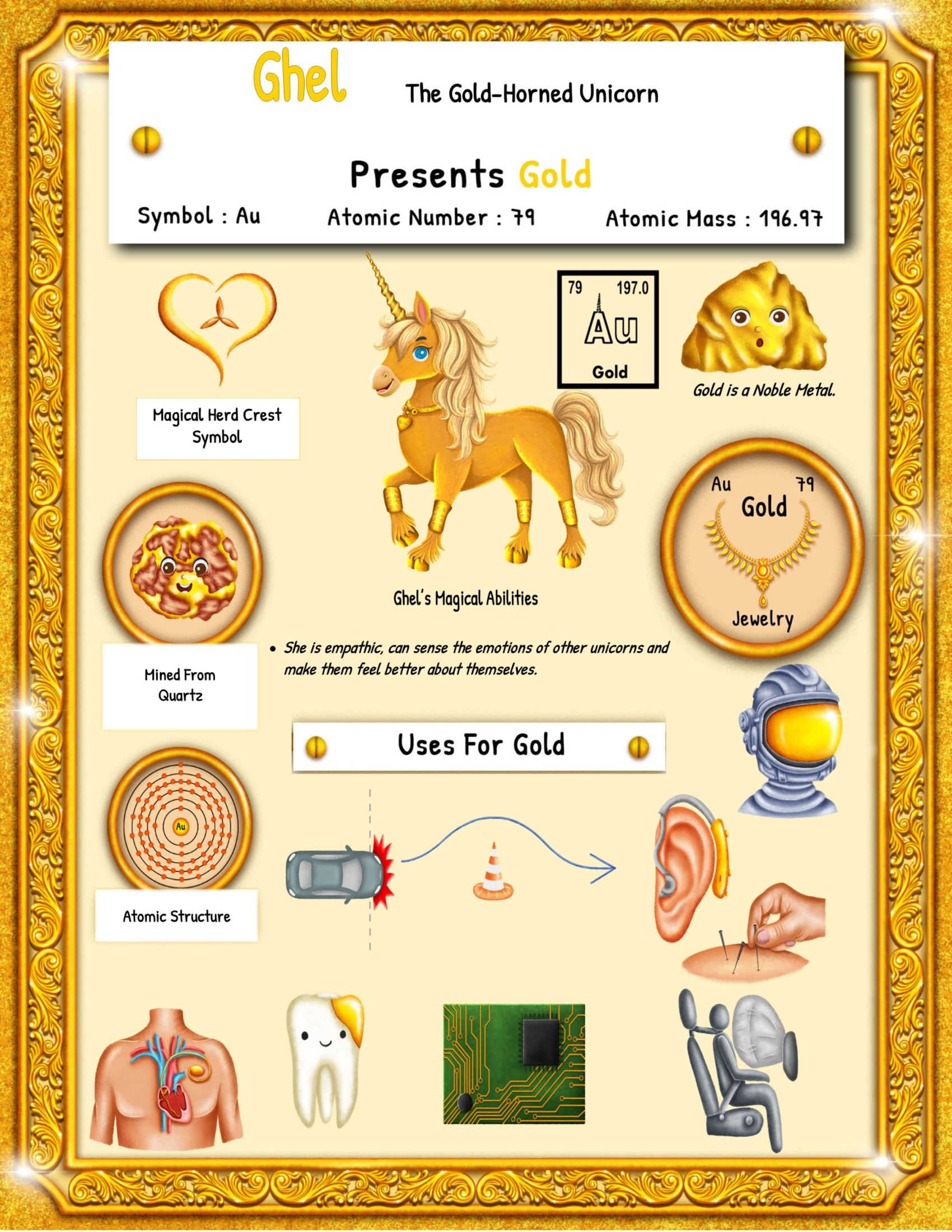LEAGUE CITY, Texas - May 14, 2023 - PRLog -- We eat metal every day and we don't even notice. It's present in our food and drink, and can also be absorbed through skin contact with air, soil, and water. Some people even deliberately consume expensive metals such as gold.
The human body is composed of a variety of elements from the Periodic Table. In particular, Oxygen, Carbon, Hydrogen, Nitrogen, Calcium, and Phosphorous play essential roles in keeping us healthy. Other key elements, such as Potassium, Sulfur, Sodium, Chlorine and Magnesium are also important for a proper functioning balance within our bodies.
Proper nutrition is key for obtaining essential metals, and it's possible to get most of what we need from food. Overdosing on these substances is unlikely through diet alone; however, taking supplements can have detrimental consequences. For instance, too much zinc can cause copper deficiencies which impair the body's ability to metabolize iron while heightened calcium levels can interfere with magnesium absorption. It should also be noted that not all metals are beneficial for nutritional purposes.
Although unlikely, it is possible to overdose on certain metals from food. For example, some types of fish may have dangerous levels of mercury, while soil can contain too much lead which can be present in produce and meat items. Trace amounts of lead can be found in spinach, turkey breast and milk, while cucumbers occasionally contain arsenic. Additionally, even items like strawberries and dark chocolate may have a small amount of cadmium.
Can you overdose on Gold?
As a food additive, it has been approved for use in the EU since 1979 and the US since 2016. Commonly available in shops in powder, flakes, leaves or sheets form, edible gold is used to bedazzle all kinds of dishes from sushi to ice cream.
However, people have enjoyed eating this precious metal since around 5000 years ago. Noteworthy is that it imparts no flavor whatsoever. There's also no benefit or harm to one's health as digestion systems cannot absorb noble metals such as gold - but you should expect shiny golden outputs after eating it.
During the early 20th century individuals were treated with oral or intravenous gold therapy for conditions such as rheumatoid arthritis and tuberculosis. Prolonged exposure led to two serious conditions. Chrysiasis, which leads to blue pigmentation of exposed regions of the body and eyeballs, is still an issue today due to gold salts and laser therapy. In a similar vein, Argyria can result from excessive consumption of silver.
The primary takeaway from this article is moderation. It is important to be mindful of your dietary habits and ensure that you don't overindulge in any one type of food or drink. Balance is key in maintaining a healthy lifestyle, so be sure to practice moderation whenever possible. Learn more.
Contact
Sybrina Durant - Sybrina Publishing
***@phrasethesaurus.com
Photos: (Click photo to enlarge)


Read Full Story - Who Wants Some Metal For Lunch? | More news from this source
Press release distribution by PRLog
|
Quantitative strategies, Wall Street-caliber research, and insightful market analysis since 1998. |
|||
Data & News supplied by www.cloudquote.io
Stock quotes supplied by Barchart Quotes delayed at least 20 minutes. By accessing this page, you agree to the following Privacy Policy and Terms and Conditions. |
|
||
|
|||
